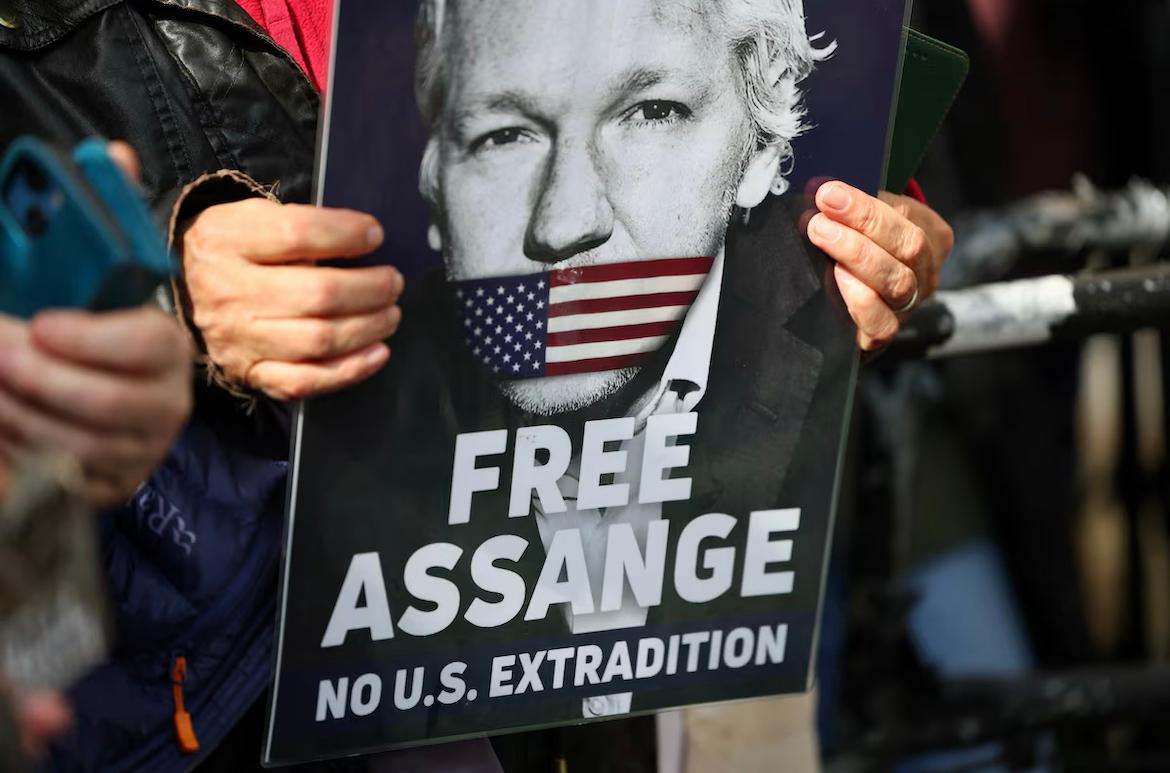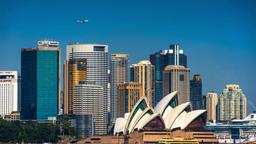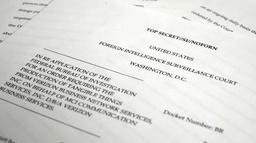Assange is Given Permission to Ask for Permission to Request Permission

If it sounds absurd, it’s because it is. “How can you even entertain this hearing knowing what we know? It’s all on the public record. And yet it continues,” states Stella Assange outside London’s High Court where Julian Assange’s long-standing legal battle took a new turn as the British court ruled against his extradition to the United States, unless the U.S. government can guarantee he won’t face the death penalty. The latest development grants the WikiLeaks founder a reprieve, albeit temporary, in a saga that has captured global attention for over a decade.
But what is really on trial when “the country that’s trying to extradite him plotted to murder him.” Stella Assange continued:
“It’s about the right to be able to speak freely without being put in prison and hounded and terrorized by the State.”
Stella Assange
High Court judges Victoria Sharp and Jeremy Johnson have granted Assange an opportunity for a new appeal, contingent on U.S. authorities providing further assurances within three weeks. These assurances must confirm that Assange, an Australian citizen, will receive the same First Amendment protections as a U.S. citizen and will not be subjected to the death penalty. The case is set for a subsequent hearing on May 20, provided the U.S. meets these conditions. Meanwhile, Assange remains in London’s high-security Belmarsh Prison.
The case hinges on Assange’s role in publishing classified American documents through WikiLeaks. His supporters argue that he is a journalist who exposed U.S. military misconduct in Iraq and Afghanistan, serving the public interest. Stella Assange, his wife, emphasized the significance of his work in revealing the “true cost of war in human lives.”
“The United States has taken a politically motivated prosecution against a journalist because he exposed them committing crimes.”
The U.S. Justice Department, which declined to comment on Tuesday, has accused Assange of going beyond journalism by actively soliciting, stealing, and indiscriminately publishing classified documents, thereby endangering lives. Assange faces 17 counts under the Espionage Act and one charge of computer misuse. If convicted, he could face a lengthy prison term, although U.S. authorities suggest the sentence would likely be lower than the maximum.
While granting Assange’s appeal on specific issues, the judges dismissed several of his arguments. They rejected the notion that the extradition request was politically motivated, and disregarded allegations that the CIA had plans to harm Assange during his stay at the Ecuadorian Embassy in London. The court acknowledged these were serious allegations but found them irrelevant to the extradition request.
Assange’s physical and mental wellbeing has deteriorated over his extensive legal ordeals and confinement. His legal troubles began in 2010 with his arrest in London on Swedish sex crime allegations, which were later dropped, leading to his asylum at the Ecuadorian Embassy and eventual eviction and arrest in 2019.
This ruling adds another layer to Assange’s complex legal journey. It underscores the delicate balance between national security interests and the rights of individuals accused of endangering them. As the world awaits further developments, this case continues to spark debate over press freedoms, governmental transparency, and the appropriate extent of legal retribution.



